Are NPR, PBS and Elmo in trouble?
Why Republicans in Congress and the president have put a target on the Corporation for Public Broadcasting.
U.S. taxpayer support for public broadcasting – NPR and PBS – could be about to end, if President Donald Trump and some Republicans in Congress get their wish.
At the end of March, Rep. Ronny Jackson, R-Texas, reintroduced a bill to stop tax dollars going to the Corporation for Public Broadcasting. This week, NPR reported the president plans to send Congress a memo ordering the end of taxpayer funding for public broadcasting as soon as their next work session begins at the end of April.
Why do Republicans hate Elmo and his friends at PBS and NPR so much?
In an official statement this week, the White House said: "For years, American taxpayers have been on the hook for subsidizing National Public Radio (NPR) and the Public Broadcasting Service (PBS), which spread radical, woke propaganda disguised as 'news.'" The statement includes examples of what the White House said is "trash that passes as 'news'" and "intolerance of non-leftist viewpoints."
Rep. Jackson echoed these thoughts in a press release about his bill. “For decades, radical Democrats have funneled taxpayer dollars to NPR and PBS under the guise of 'serving the public,' despite both organizations abandoning their founding missions to provide non-biased content and instead promoting the same radical-left propaganda as any other fake news outlet,” said Jackson.. “If these organizations want to push partisan agendas, they do not deserve another dime of federal support.”
Trump wants to claw back the $535 million a year that Congress has allocated for the Corporation for Public Broadcasting, which is less than 1% of the federal budget. CPB was established in 1967 to distribute tax dollars to NPR and PBS stations across the nation. If you listen to “All Things Considered” or “Morning Addition” or watch “Sesame Street” or “the PBS News Hour” or any of the locally produced programs broadcast on public media, you are likely aware of the support the Corporation for Public Broadcasting provides. The CPB is an independent nonprofit established by Congress in 1967 to distribute tax dollar support to these stations.
This money is a significant part of your local station’s budget. But individual contributions make up the largest part of NPR and PBS station budgets, followed by corporate sponsorship. (I should note, for transparency, that I donate in support of my two local NPR stations and my local PBS station. And until this past December, I was an employee of Cascade PBS, the Seattle PBS station, where I was the news editor for the past five years.)
Cascade PBS is locally owned and run by staff and managed by a volunteer board just like the other more than 1,500 public media stations in the United States and its territories. Will these local treasures – yes, I’m going there, and if you had spent as much time talking to donors to my local stations as I have, you wouldn’t balk at that description – survive without federal funding? Some will likely do fine because their local support is so strong; others may die because they have likely been struggling financially since at least 2020. Rural stations, with far fewer local donors, are likely to feel the most impact of a federal funding cut.
According to the CPB, $1.60 of the taxes each American pays is allocated to public broadcasting annually. NPR reports it receives about 1% of its funding directly from the federal government, plus a little more indirectly. NPR’s more than 1,300 member stations receive on average 8% to 10% of their operating dollars from CPB. In turn, they pay NPR to air its national shows. PBS and its stations receive about 10 to 15% of their operating income from CPB.
Congress has threatened to cut public funding for CPB several times over the years, and succeeded as recently as 2023. Once in 1969, Mr. Rogers was called in to save the day. If you’ve never watched his testimony, it’s worth your time. Here’s a shorter excerp, if you don’t have 7 minutes to devote to Fred Rogers’ soothing voice today.
Many Republicans, Democrats and Independents are just as ardent in their support of public broadcasting as others who are against it, citing the need for quality children’s programming without commercials or product placement and appreciating the nonpartisan way PBS presents the nightly news and narrates news events like elections.
A national poll in March by the Pew Research Center found that 43% of Americans want the federal government to continue supporting NPR and PBS, 24% wanted to remove funding and another 33% were unsure. When pollsters looked at partisan numbers, Democrats were much more enthusiastic in their support of public funding of CPB than Republicans (69% vs. 19%). It’s also worth noting that 37% of the Republicans polls were unsure what should happen to CPB funding.
The Public Broadcasting Act of 1967 requires CPB to operate with a "strict adherence to objectivity and balance in all programs or series of programs of a controversial nature.” It also requires it to regularly review national programming for objectivity and balance, and to report on "its efforts to address concerns about objectivity and balance."
The original act emphasized the benefit of citizens having access to public media, both for educational purposes and to allow a diversity of opinions and artistic expression to be shared locally and throughout the nation. PBS and NPR reach almost every person in America and local stations are often part of emergency broadcasting strategies.
NPR and PBS leadership testified before a congressional committee at the end of March, which gave them a chance to share how they think their organizations are fulfilling those original goals.
"There's nothing more American than PBS, and our work is only possible because of the bipartisan support we have always received from Congress," said Paula Kerger, PBS' CEO and president. "This public-private partnership allows us to help prepare millions of children for success in school and in life and also supports enriching and inspiring programs of the highest quality."
More from Civics for Adults
How to be a professional truth teller
Democracy is a participatory sport. And so is journalism these days. That means we all have a responsibility to not contribute to disinformation online.
Don't look away from the press
I’ve heard a lot of people on Substack and elsewhere proudly crowing that they have canceled their subscription to a local or national newspaper because they didn’t like one editorial or the approach to a particular news story.
How worried should you be about the economy?
Welcome to all the new readers who have joined us lately. Last week’s post on The Constitution seems to have struck a chord. Civics for Adults is a subscriber-supported newsletter. Please consider joining the team. I can’t do this without your support. Here’s a




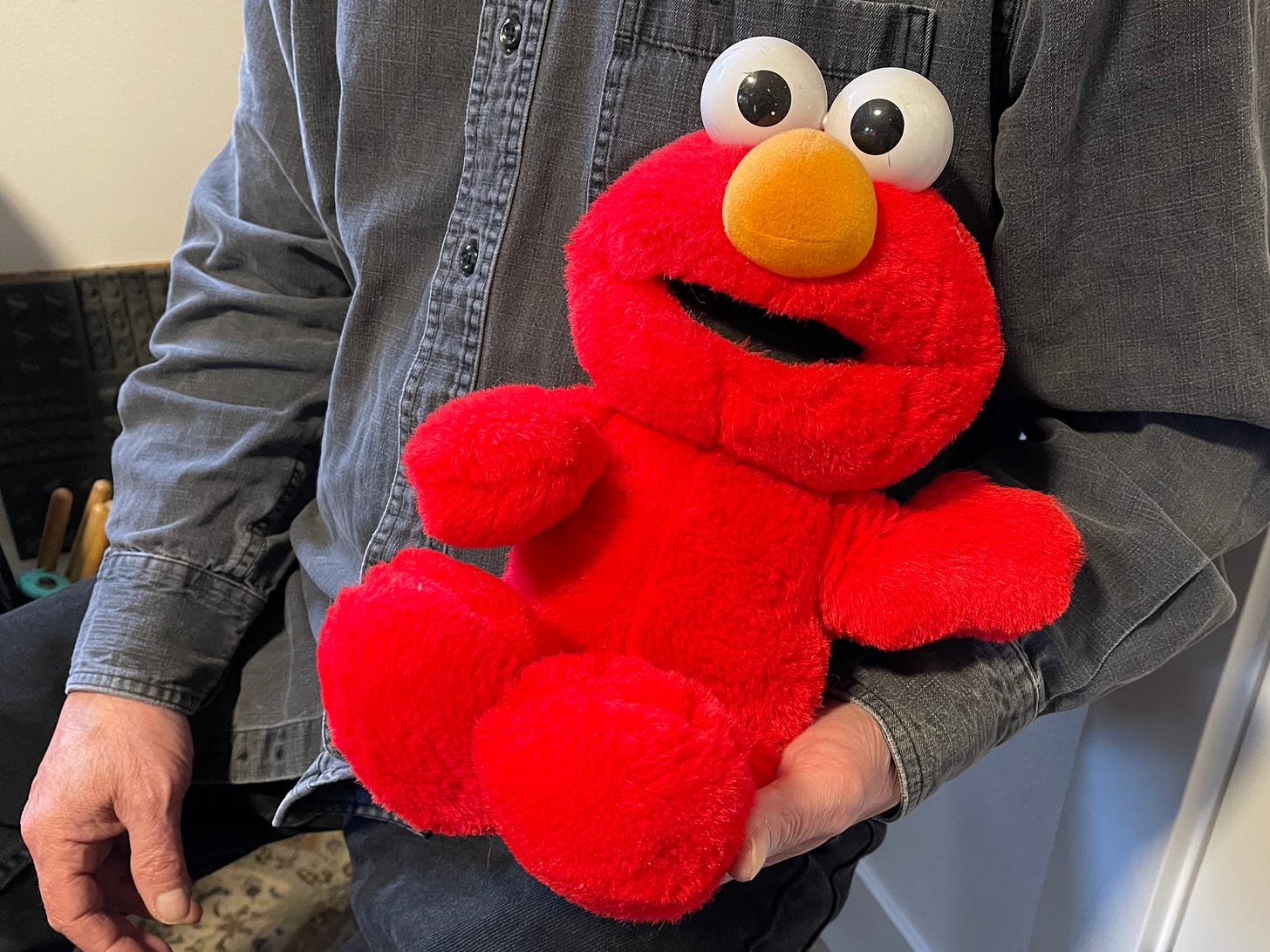
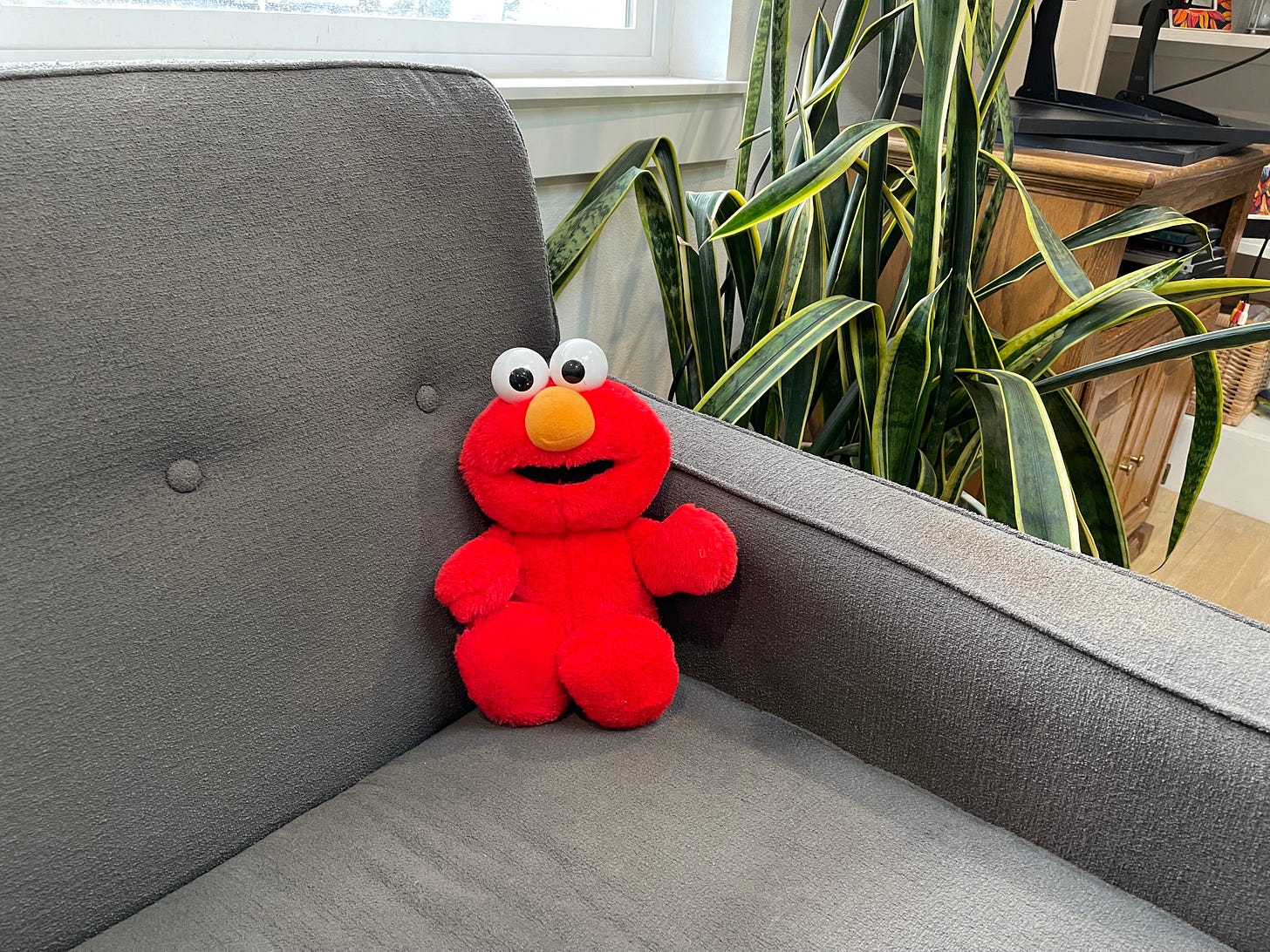
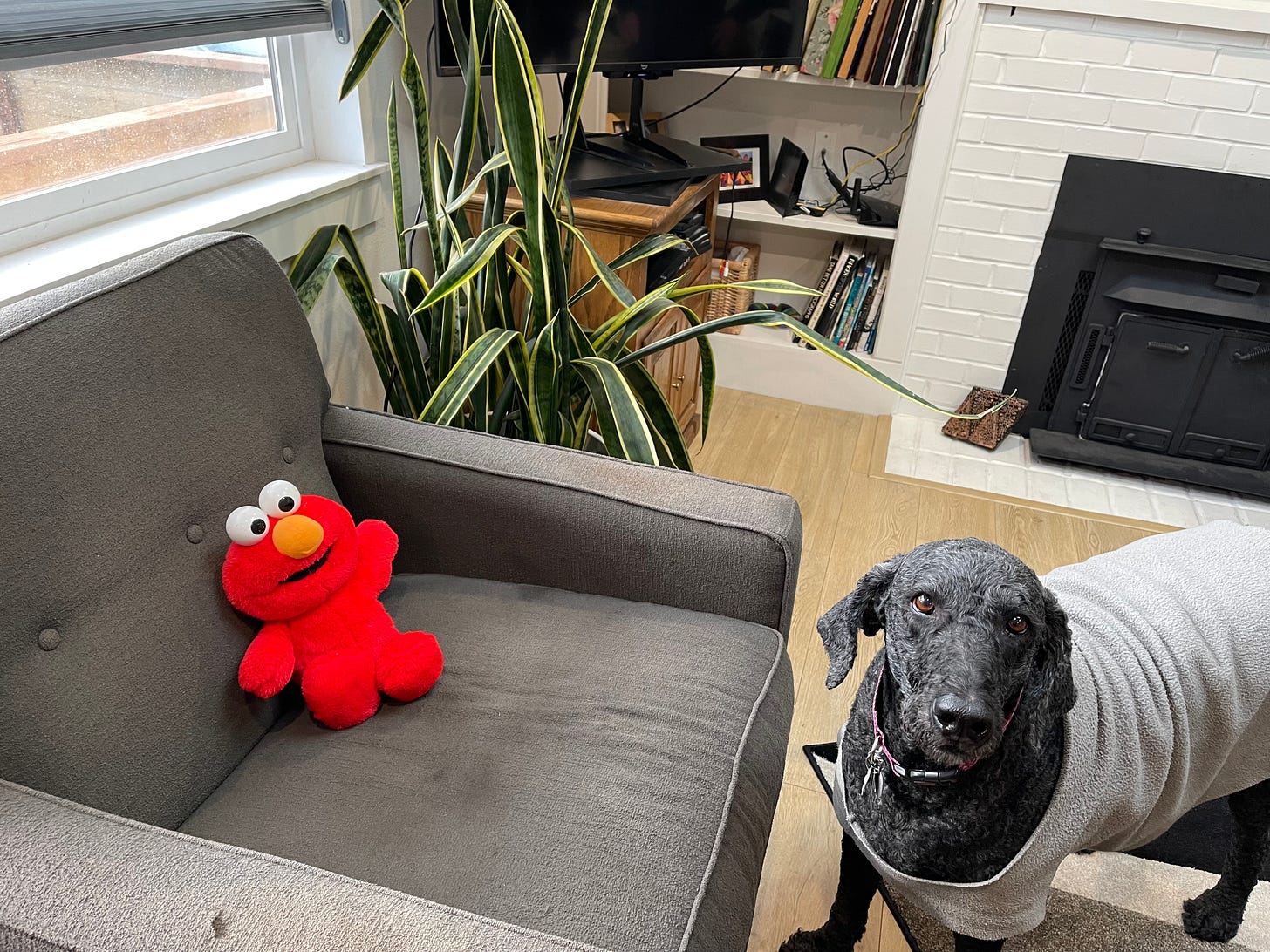
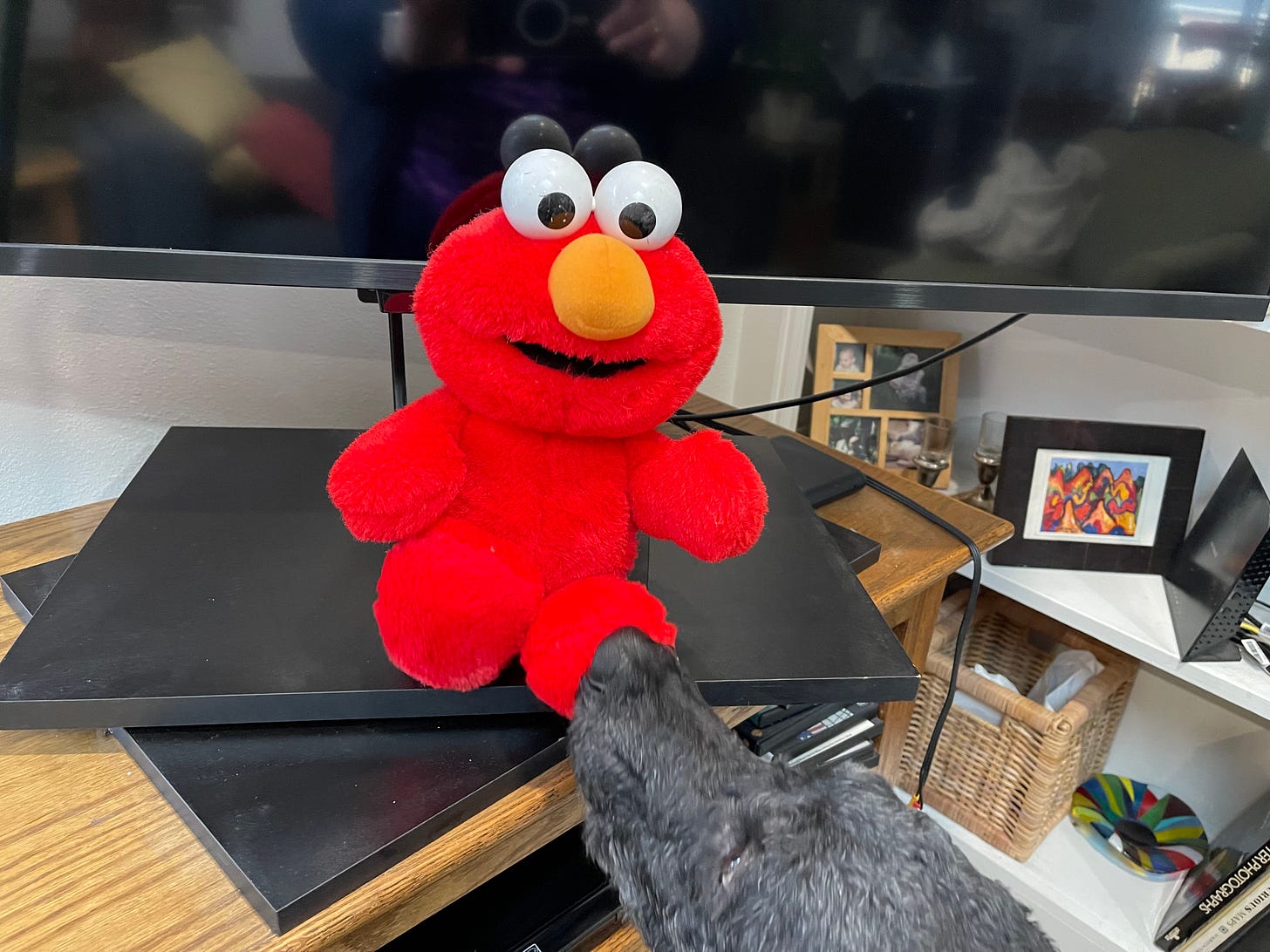
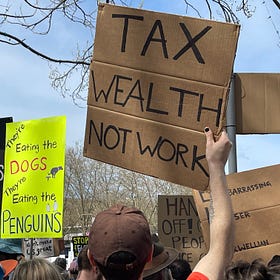


Well said Donna! Hopefully the calmer, wiser heads will prevail.